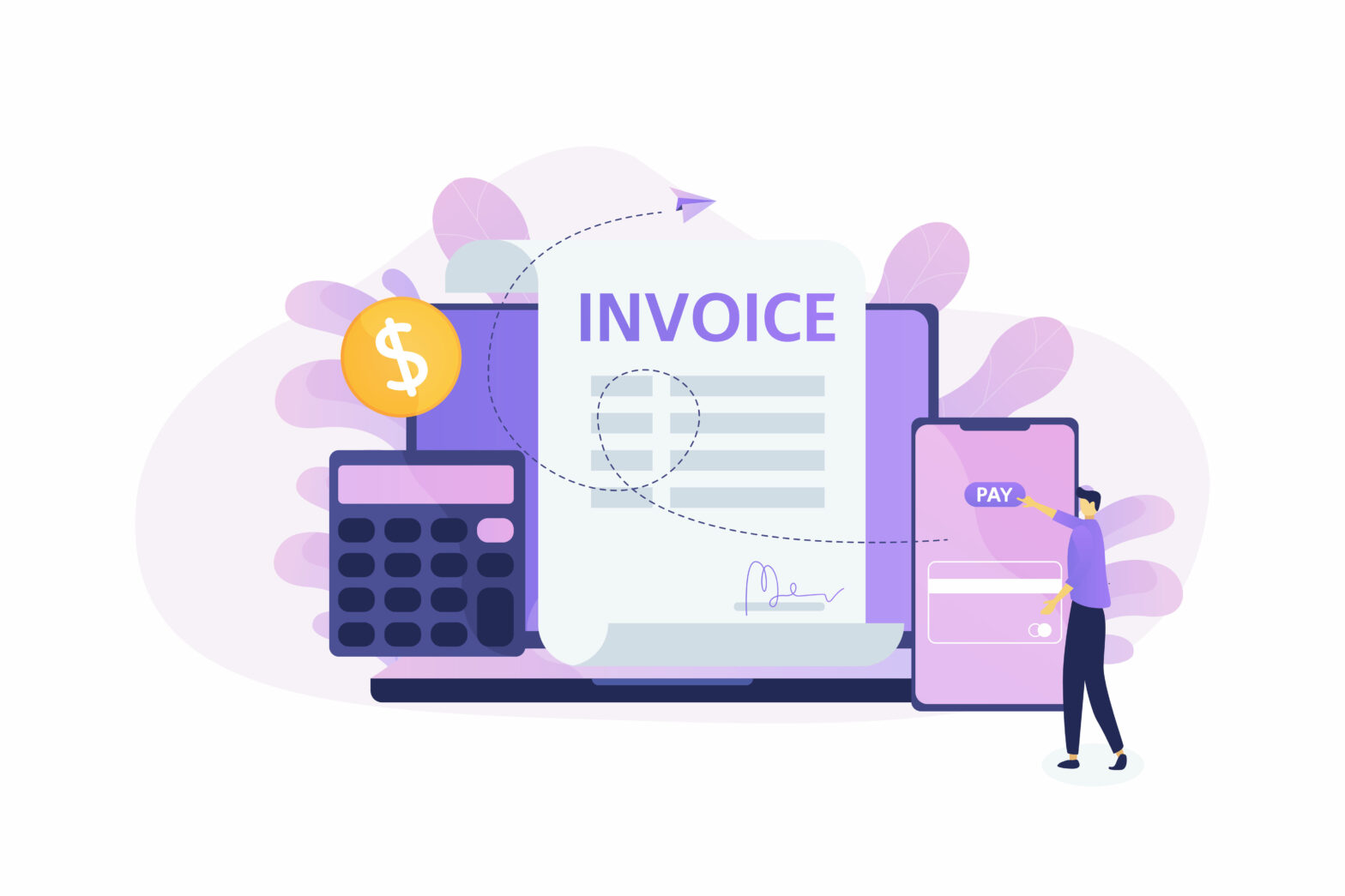Of the estimated 4.3 million companies in the UK, nearly all have less than 49 employees, according to the Small Business Service. You don’t need to look far to find someone with aspirations of starting their own business or who has already taken the plunge. However, it is well known that between one-third and half of all new businesses fail within the first three years of trading.
‘The causes of this three-year hurdle are numerous,’ says Steve Websdale of financier Venture Finance, ‘but a key element is the fact that all too often, small businesses act as just that – small! Rather than being restrained by their size, new companies should look to larger organisations for inspiration.’
A key element of business growth is having the finance available to make the most of opportunities as they arise. Maintaining a steady cash flow and securing additional funds for expansion and development are two of the biggest challenges facing smaller firms. Below, Venture Finance and Smallbusiness.co.uk offer five financial tips to help small businesses punch above their weight and give themselves greater clout in the competitive marketplace.
Asset-based finance
Asset-based finance aims to provide an injection of funds for a range of purposes. This is where a bank or other lender advances money against assets held by your business. Working capital can be leveraged against a wide variety of assets – such as stock, property, machinery or even intellectual property rights.
Popular for many years with larger organisations, the use of this type of finance is increasing in the mid-market as firms realise the value tied up in their assets. Releasing these funds could help to overcome testing periods and encourage further growth.
If there is no guarantee that you will be able to sell those goods at a price high enough to cover the funds advanced to you, you might want to think carefully before opting to borrow against assets.
Online banking
As well as being a vital research tool, the internet offers new ways of conducting business. Online personal banking has grown in popularity over recent years and this trend is extending to the business sector.
Many businesses now conduct their banking online and the speed at which this can be done seems to be the main draw. Working online can allow businesses to be more efficient and therefore more competitive.
Small Firms Loan Guarantee
The Small Firms Loan Guarantee (SFLG) provides access to finance for businesses that cannot raise funds in any other way due to lack of adequate security. This form of finance is available to companies under five years old and can help to overcome those difficult growing pains.
The scheme is 75 per cent guaranteed by the DTI and administered in conjunction with approved financial partners who underwrite 25 per cent of the loan. The amount of funding available ranges from £5,000 to £250,000 and is directed at companies with a turnover of less than £5.6 million.
Choosing the right accountant
Accountants increasingly offer strategic business advice to clients, alongside more traditional accounting services. An experienced adviser of this type, could help to identify areas for improvement in your business.
The accountant’s role has changed in recent years and choosing the right one could make the difference between success and failure. Whereas previously they might offer ideas on increasing sales, today you may find that they are more likely to focus on profit and cash flow.
Increasing the number of profitable customers, the value of every sale and your company’s efficiency – for example getting paid on time – are all simple ways of improving your chances of business success and your accountant may be able to help with this.
Invoice finance
One of the biggest headaches for small business owners, and the cause of numerous insolvencies, is poor cash flow. Whether caused by bad debt, late payment or invoicing fluctuations, an unreliable flow of cash can stifle growth and stop a company reaching its full potential.
Invoice finance, in the form of factoring, can release the value of invoices for immediate use, without having to wait for payment from customers. With factoring, the financier handles all credit control, leaving the business owner free to focus on the important issues of running a company. Although there will be a charge involved for the service.
This may not be suitable for some seasonal businesses, who will experience a drop in orders at certain times of the year. This means that the debtor book will be smaller and borrowing against it less effective.
Nevertheless, the ability to identify the various funding options available to you, and realise those most suited to your business could release vital funds to support sustainability and growth.




